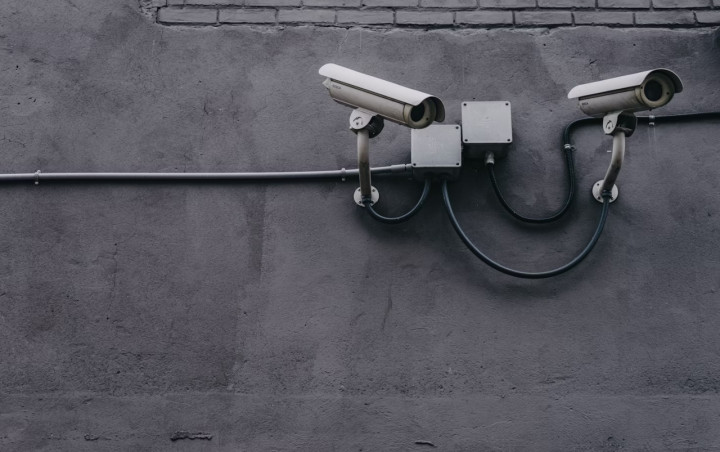Security, Justice and Crime Prevention
Protecting citizens, independent institutions and media.

Slovenia is perceived as a secure country, yet in the 2023 Organised Crime Index, Slovenia climbed to 138th of 193 countries observed (lower is better), although being the most secure country in the Balkans. The downgrade was mostly due to state embedded criminal actors (score of 6.5, for comparison, Norway is at 1.5).
Our judicial system stands out for having significantly more cases and judges than the EU average. Still Slovenia has one of the highest backlog of cases in civil and commercial litigation older than 2 years across all of Europe.
Volt Slovenia propose the following:
Depoliticisation of policing
Support the de-politicisation of police and security forces by creating a civil service commission with a maximum threshold of political representatives for appointment of top law enforcement and personnel.
Permit this commission to also appoint the head of the Komisija za preprečevanje korupcije instead of the president.
Crime prevention
Educate the population about all types of financial crimes (advance fee fraud, romance scam, etc) and hold financial institutions liable in case they do not flag potentially fraudulent transactions to users.
Follow the 2024 referendum results and push for legalisation of Cannabis for medical and personal use and build domestic production capacity.
Increase awareness campaigns for security of ICT systems. Slovenia is trailing the EU average with regards to basic ICT security measures.
Increase resources of Financial Intelligence Units for enforcing the European Anti-Money-Laundering Directive and monitoring of the Beneficial Ownership Register as well as enforcing KYC (Know your customer) requirements for cash and crypto transactions above a certain threshold.
Provide the means of the PUM-O programme to address the increase of school drop-out rates in Slovenia over the last 10 years. Although below the EU average, we should strive to also make finishing school a priority for everyone.
Make penalties for traffic violations and other petty crimes proportional to income.
Judiciary
Evaluate reforming the role of public prosecutors, with less roles and more specialisation and a focus on state-actor criminality. Slovenia has the 4th highest number of judges in Europe per capita, but comparatively few public prosecutors with complex roles and diminishing attractivity of the profession.
Create a commission on judicial efficiency to develop solutions to reduce the backlog of pending civil and commercial litigation cases older than two years (24%) at administrative courts as well as the handling time of 540 days (EU median 292 days). Extend the commission to also include criminal cases (backlog 20%).
Media
Ensure and accelerate the adoption of the EU media freedom act to ensure media independence and set a maximum cap for political representatives and individuals with political affiliation to 33% similar to what the German Constitutional Court demanded in 2014 in management positions of public media companies and ensure they are independently nominated as foreseen by the 2022 media law.
Decriminalize defamation to protect free speech. Defamation will be addressed by civil law with fines proportional to the harm caused. Include strong protection for journalists reporting on matters of public interest even if reporting contains errors made in good faith.
Extend the EU Anti-SLAPP (Strategic Lawsuits Against Public Participation) directive to not only cover cross-border and civil but extend them to national Slapp lawsuits across all sectors. Media and NGOs need to be protected from lawsuits that try to silence critics by overwhelming them with bureaucracy and costs.
(v4 11-2025)